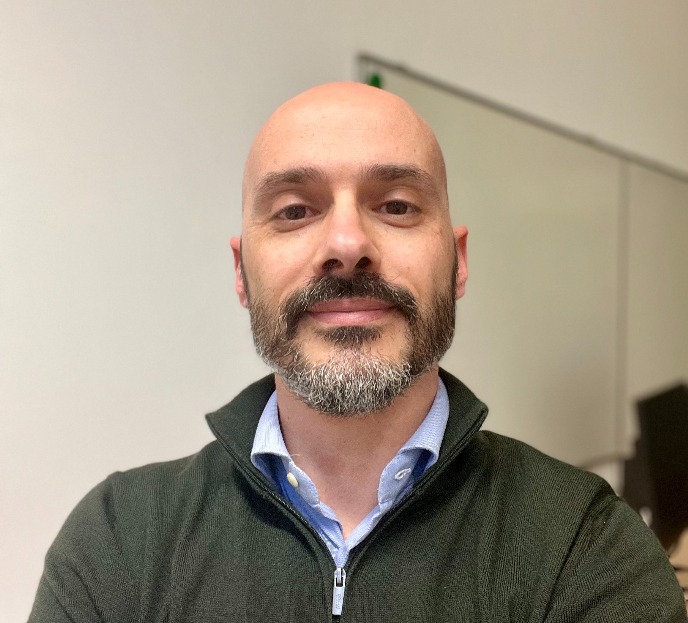Will AI steal my job?
Answer by Tommaso Caselli, Assistant Professor in the Computational Linguistics group at the Faculty of Arts of the University of Groningen
The short answer is “maybe”. Artificial intelligence (AI) is at the core of a transformative revolution affecting all aspects of society. AI-based tools are already integrated in our daily lives (look at your phone!). AI will have disruptive effects but it will also contribute to creating new jobs. The impact of this transformation is ultimately a matter of governance and politics, where us (the users and the society) are put first rather than the interests of a few private corporations.
The most honest answer is “maybe”. Alarmist claims and exaggerations on the potential and the impact of AI have appeared regularly in the press since the ‘70s - yet, most of the jobs are still here, and many new types of jobs have been created.
The most recent wave of AI tools, such as ChatGPT or DALL-E, is based on Large (Language) Models, also called Foundation Models. These tools have reached impressive results and are already part of our daily lives: for instance, Google has integrated a language model (BERT) in its search engine to improve its results as of 2019. The anthropomorphization of these machines, described as “intelligent”, “sovrahuman”, able to “understand”, is more marketing than reality. Their strength is also their weakness: as soon as they are applied to data or tasks that are a bit off with respect to the original purpose they were trained for, their performance drastically drops.
We are in the midst of a transition driven by AI technologies, and transitions have disruptive effects. When automation was introduced in the car industry, jobs were lost but new ones were created. The integration of AI in our lives must be planned as a support to do better by understanding what skills we want to preserve and which ones we might concede to AI rather than replace us. A recent paper appeared in Science on the use of ChatGPT in the context of professional writing tasks has shown that those who used ChatGPT (in this experimental context) increased their productivity, reducing the time spent on “boring” tasks and shifting it to more creative ones. However, the study did not show a leveling effect: mediocre writers did not improve, and neither did the good writers.
Rather than “stealing”, AI will definitely change our jobs in ways that are unpredictable now. Like any other innovation, AI may make some jobs obsolete, but we must work for a positive outcome: even coding will change, meaning that nowadays software engineers may be jobless in the future. We need to remember that every transition has a cost, and it is our duty as a society to decide how this transition happens and protect the most vulnerable. In the words of prof. Luciano Floridi, we must make AI “work against wrong doing, support human responsibility, and make us more humans”.

Who is Tommaso Caselli?
Tommaso Caselli is Assistant Professor in the Computational Linguistics group at the Faculty of Arts of the University of Groningen. He has been working in Natural Language Processing (NLP) for more than 10 years, witnessing the transition from statistical models to neural networks.
His main research interests are event extraction and framing, hate speech and misinformation. Currently, he is coordinator of the theme “AI and Language” of the Jantina Tammes School of Digital Society, Technology and AI.
UG Lustrum:
Celebrate 410 years of science with us!
This campaign is part of the University of Groningen Lustrum in 2024. The University of Groningen will then have been in existence for 410 years.


